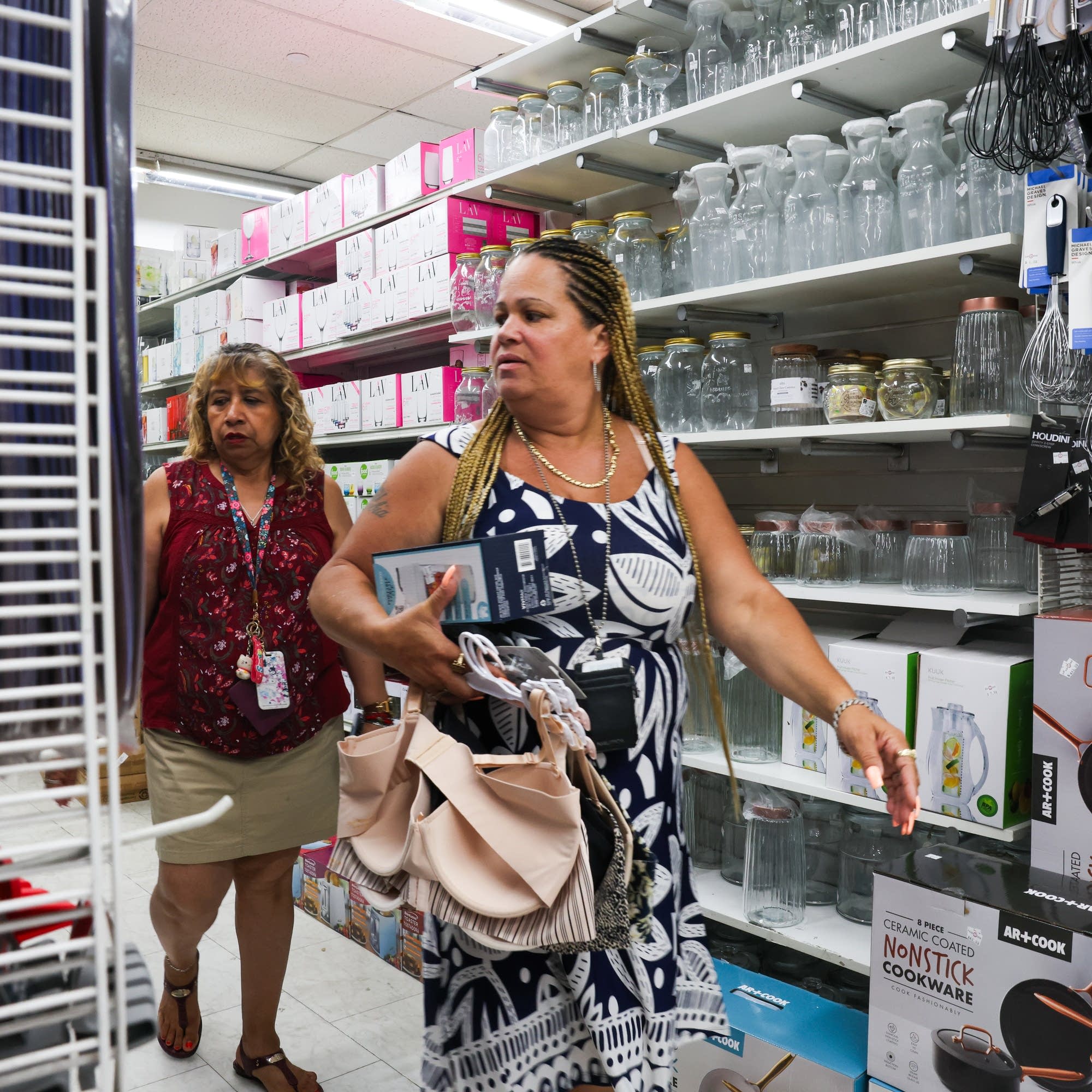
🤖 AI Summary
Overview
This episode explores the economic implications of President Trump's tariffs, the balance of power in Washington amid federal spending cuts, and the USDA's shift away from race and gender considerations in farm loan programs. It also touches on the challenges of living off-grid and shifting trends in TV viewing habits.
Notable Quotes
- The real question for inflation is whether these are one-time price increases or whether this starts the effect of price increases feeding on each other, which becomes runaway inflation.
– Sudeep Reddy, on the impact of tariffs.
- We need American farms to be varied and healthy and economically viable across rural America.
– Margot Schlanger, on the importance of diversity in farming.
- I think there's something to be said about when you stay in a place that is actually silent.
– Laurel Santos, reflecting on the peace of off-grid living.
🌐 Tariffs and Inflation
- Sudeep Reddy explains that early signs of tariff-related price increases are visible in toys, furniture, and apparel. The key concern is whether these increases will trigger a feedback loop leading to runaway inflation.
- Anna Swanson highlights uncertainty around the Trump administration's tariff strategy, noting that higher tariffs are likely, even as promised trade deals remain elusive.
- Retail sales data suggests consumers are still spending, possibly due to inflation concerns, but Reddy warns of lurking risks like price increases feeding into broader economic instability.
📉 Federal Spending Cuts and Power Dynamics
- The House passed President Trump's rescissions package, cutting billions in federal funding, including foreign aid and public media. Kimberly Adams reports that this partisan move breaks precedent and raises concerns about trust in bipartisan funding agreements.
- Experts like Philip Wallach warn that shifting spending decisions from Congress to the executive branch could fundamentally alter the constitutional balance of power.
🚜 USDA Policy Changes and Minority Farmers
- The USDA announced it will stop considering race and gender in farm loan applications, ending decades of targeted support for minority and women farmers.
- Savannah Peters explains how past discrimination led to significant land loss for Black farmers and how targeted programs aimed to repair this legacy. Critics argue the USDA's claim that discrimination has been addressed is far from reality.
- P. Wade Ross, a Black rancher, emphasizes the systemic barriers that continue to exclude farmers of color from scaling their operations.
🏡 Off-Grid Living in New Mexico
- Laurel Santos, a first-time homebuyer, shares her experience of moving to an off-grid adobe home with solar panels and water cisterns.
- While she enjoys the tranquility and independence, Santos notes challenges like lack of grocery delivery, long drives for essentials, and adapting to solar-powered living.
📺 Streaming Dominates TV Viewing
- Streaming platforms now account for 46% of TV viewing, surpassing over-the-air networks for the first time. YouTube leads with 12.8% of viewers, reflecting shifting habits as younger audiences favor digital content.
AI-generated content may not be accurate or complete and should not be relied upon as a sole source of truth.
📋 Episode Description
We’re starting to see the first real evidence of President Trump’s tariffs showing up in consumer prices. But are these manageable, one-time price increases or the early signs of runaway inflation? Ana Swanson at The New York Times and Sudeep Reddy at MSNBC weigh in. Also on the show: what the latest spending cuts say about the balance of power in Washington, and why the USDA is moving away from considering race and gender in its farm loan and benefit programs.
Every story has an economic angle. Want some in your inbox? Subscribe to our daily or weekly newsletter.
Marketplace is more than a radio show. Check out our original reporting and financial literacy content at marketplace.org — and consider making an investment in our future.
